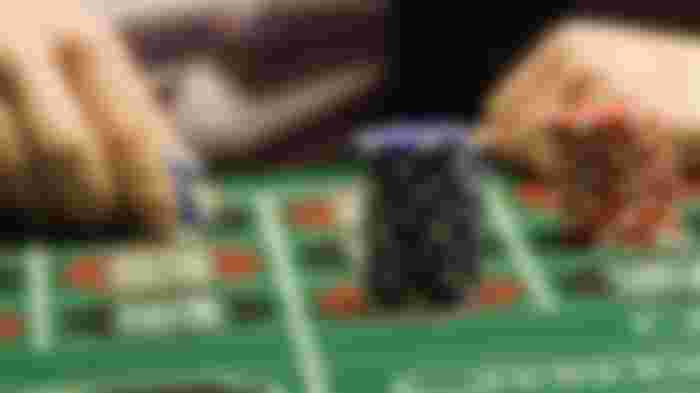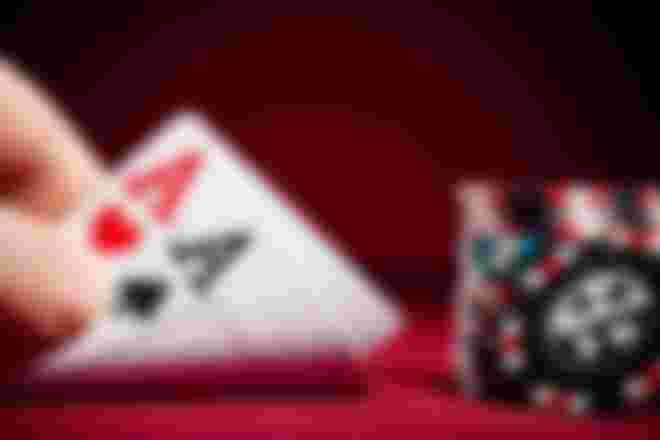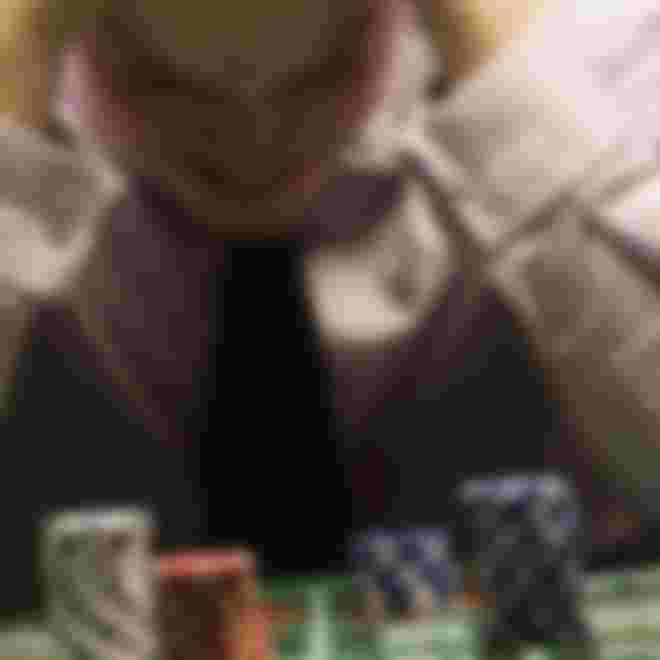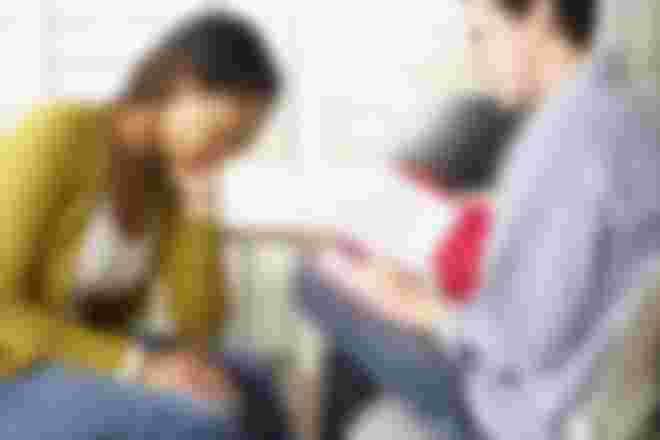
Gambling addiction or pathological gambling was accepted as a mental disorder in the 1980s. This dependence is classified as an urge control disorder, and we can define it as the inability to refrain from performing an urge that is dangerous to oneself or others.
This urge is usually marked by pleasure after it is performed. Sometimes regret, reproach, or guilt may occur after this feeling of comfort and satisfaction, but this is not necessarily the case.

Causes of gambling addiction
There are no precisely defined causes of gambling, but a combination of biological, genetic, psychological and social factors. The existence of this addiction in the family increases the propensity to gamble, and it all revolves around meeting the need to reduce tension. In addition to these factors, some factors may occur such as:
anxiety,
loneliness,
depression,
dissatisfaction,
low self-esteem,
aggressiveness,
internal or external stressors,
guilt.
When does gambling addiction occur?
Given that there are gender differences in this addiction, it is important to emphasize that there may also be differences in the time of onset. Gambling addiction in men can begin as early as adolescence, while in women it begins later in life. Furthermore, women are more likely to gamble alone and men in groups.
The course of this disorder is progressive because the frequency of gambling increases over time. Seeking action and excitement to reduce tension becomes much more important than getting money.
Symptoms of gambling addiction
Although these symptoms do not have to be easily noticed in every addict, they are often present in their behavior because it changes significantly the moment gambling reaches the level of addiction.
Some of the possible symptoms are:
tendency to distorted thinking,
denial and denial,
blaming others,
non-acceptance of responsibility for their behavior,
financial problems (debts, loans, expenses),
disruption of close relationships,
marital dysfunction and inadequate parenting,
breakdown of family functioning,
reduction of work efficiency,
fraud and theft,
physical health disorders (headaches, sleep disorders, cardiovascular diseases),
depression,
suicidal thoughts.

Gambling addiction is treated in a similar way as other addiction diseases such as alcoholism or drug addiction. It is very important that the whole family participates in the treatment because this addiction affects every member of the family regardless of who is addicted in the family.
Since men gamble more often, their wives and children can also suffer from depression, insomnia, headaches, physical disorders, etc. due to excessive stress and family problems. Therefore, the whole family should be taken into account in the treatment.
A detailed diagnosis of the disease begins first, followed by the inclusion of the addict in a day hospital. For a year (or more), the addict participates in therapy groups in which he talks about his problem and listens to the experiences of others. After that phase, he joins a gambling addict club that also involves people who have had the same problem and want a full recovery.
If a person does not want to participate in group therapies, he can also request individual psychotherapeutic treatments, the most effective of which is considered to be cognitive-behavioral therapy aimed at changing misconceptions and incorrect perceptions.
There is also psychodynamic psychotherapy aimed at gaining insight into one's own behavior and accepting new patterns of behavior.

Time of gambling addiction treatment
The timing of treatment mostly depends on the person and their desire for change. The most important thing to start with is to be aware of your problem and avoid places where the addiction can get worse. Likewise, it is important to believe in yourself and think positively so that you can achieve your goals and solve the problems you are struggling with.
Unfortunately, gambling addicts have long been reluctant to admit their problem or accept help. Coming to therapies happens after debts have already been incurred and after the family has broken up so recovery takes years.
However, specialized and structured programs can help everyone if the person is willing to cooperate. Other people’s experiences show that it is possible to be completely cured, but the approach is individual to everyone and depends on the circumstances.
Medications for gambling addiction
There is no cure for gambling addiction yet, but since this addiction is often behind some other disorders (personality and attention disorders, depression, psychoactive substance addiction, social phobia, etc.), psychopharmacotherapy is also needed.
Psychotherapeutic treatments in Croatia
The most important and most common psychotherapeutic treatments are anonymous gamblers (AK), cognitive-behavioral therapy (CBT) and gambling addicts' clubs (KLOK). In Croatia, all these treatments exist, and they are most widespread within psychiatric institutions. The easiest way to reach them is to seek the advice of your doctor about the nearest club or therapy, depending on where you live.

How to help a gambling addict - useful tips
You must not isolate gambling addicts and let them live a safe life only within their four walls. It is important for him to continue his life in the family, but also to be involved in a treatment program, whether it is a gambling club or individual psychotherapy.
Gambling addiction is increasingly present in our society, so it is important to raise awareness of the significance of this problem especially to adolescents who are at risk for developing this addiction. If you have a child who is currently at that age, make sure to provide them with information over time that can act as preventative activities.
The primary goal of helping gambling addicts is to enable abstinence for as long as possible. This will be helped by avoiding places that could exacerbate the addiction, but over time, and dealing with them when a certain degree of self-control and awareness has already been achieved.




